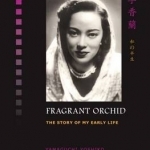
Fragrant Orchid: The Story of My Early Life
Yamaguchi Yoshiko, Fujiwara Sakuya and Chia-ning Chang
Book
The acclaimed actress and legendary singer, Yamaguchi Yoshiko (aka Li Xianglan, b. 1920), emerged...
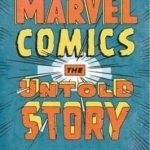
Marvel Comics
Book
Operating out of a tiny office on Madison Avenue in the early 1960s, a struggling company called...
Kabbalah: A Very Short Introduction
Book
In Kabbalah: A Very Short Introduction, Joseph Dan, one of the world's leading authorities on Jewish...
Rockne and Jones: Notre Dame, USC, and the Greatest Rivalry of the Roaring Twenties
Book
Notre Dame's rallying cry was once "Win one for the Gipper." e football series with Army that...

Lonely Planet Discover Las Vegas
Book
Lonely Planet: The world's leading travel guide publisher Lonely Planet's Discover Las Vegas is your...
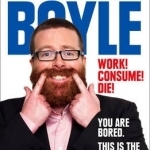
Work! Consume! Die!: I am Actually Almost Completely Insane Now
Book
Brace yourself, Frankie's back, and he's more outspoken and brilliantly inappropriate than ever....
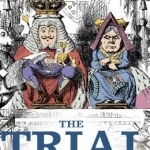
The Trial: A History from Socrates to O.J. Simpson
Book
In an extraordinary history of the criminal trial, Sadakat Kadri shows with wit, legal insight and a...
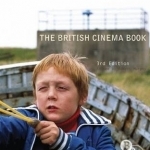
The British Cinema Book: 2009
Book
The new edition of The British Cinema Book has been thoroughly revised and updated to provide a...

100 Shakespeare Films
Book
From Oscar-winning British classics to Hollywood musicals and Westerns, from Soviet epics to...
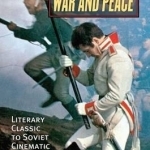
Bondarchuk's 'War and Peace': Literary Classic to Soviet Cinematic Epic
Book
Sergei Bondarchuk's War and Peace , one of the world's greatest film epics, originated as a...
